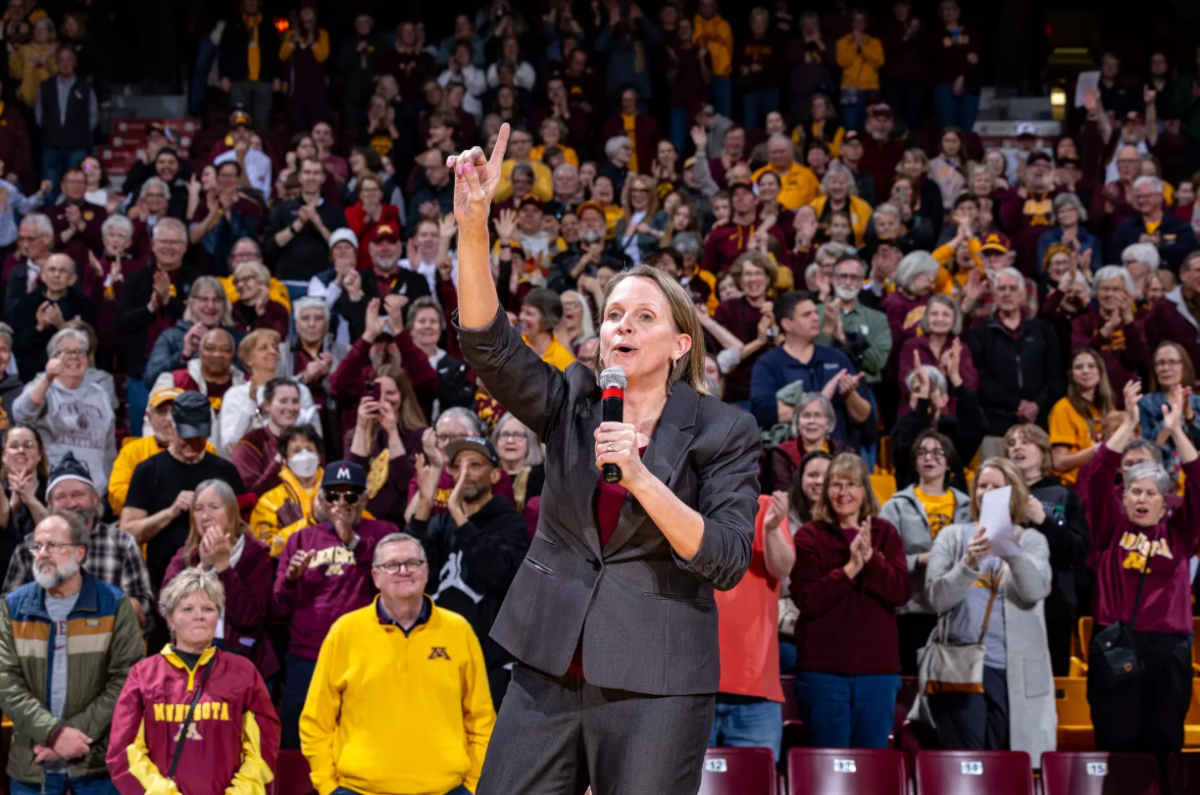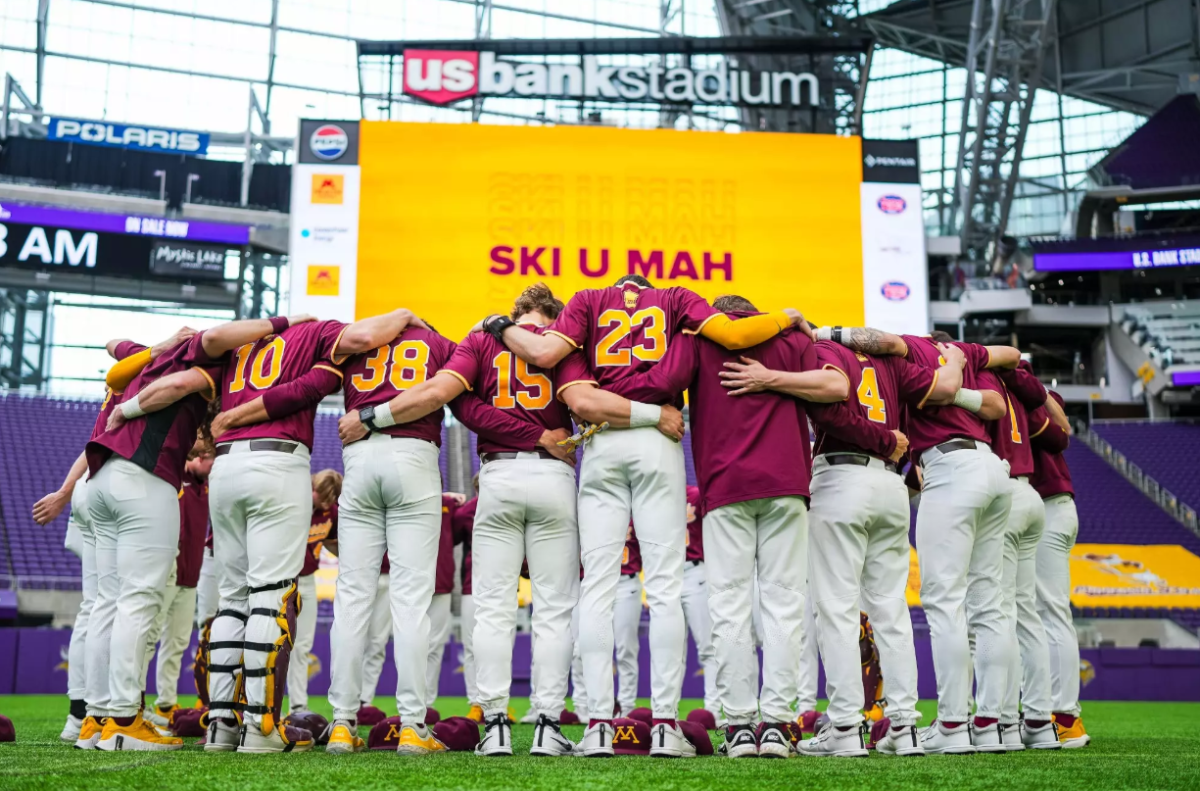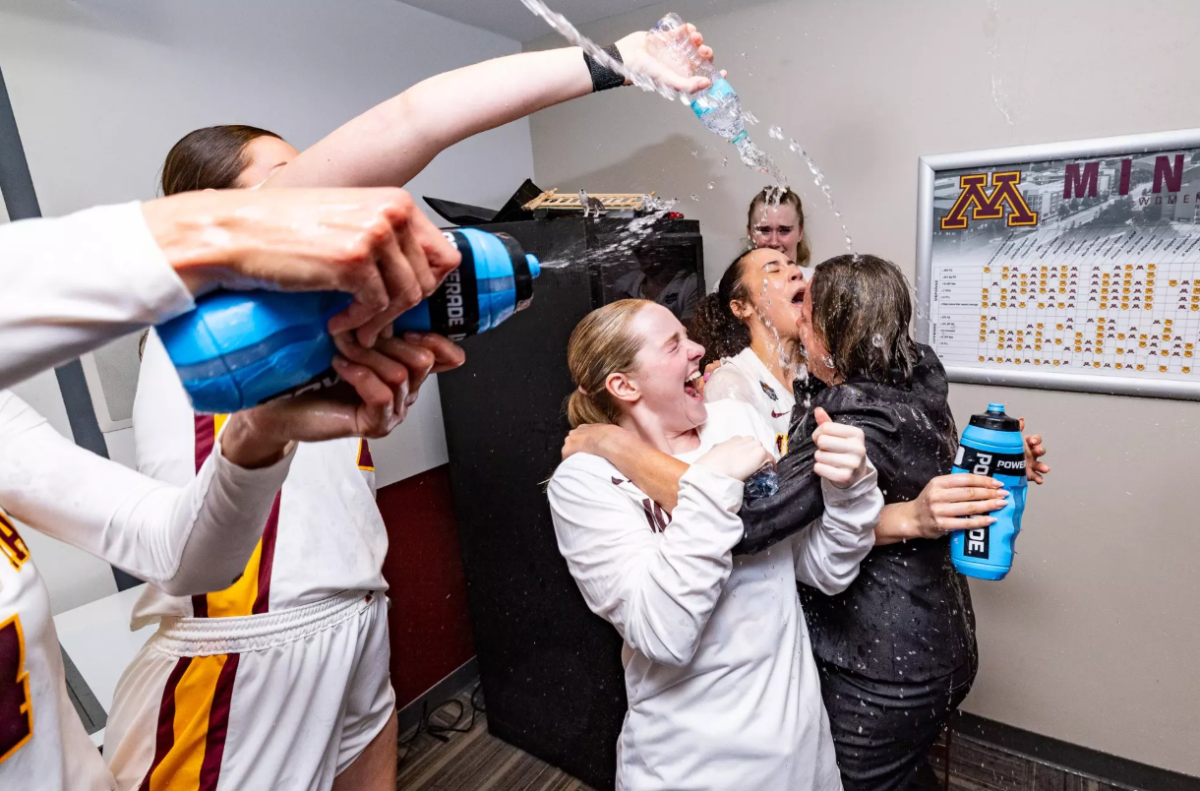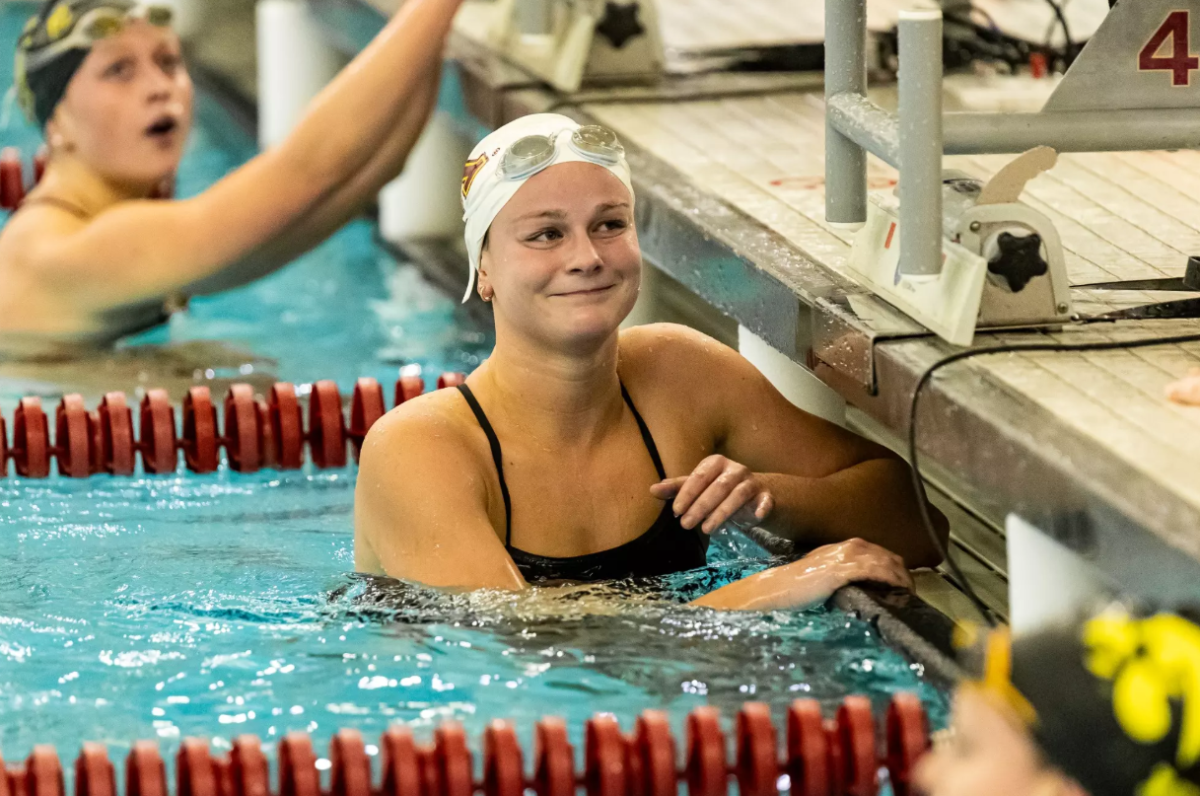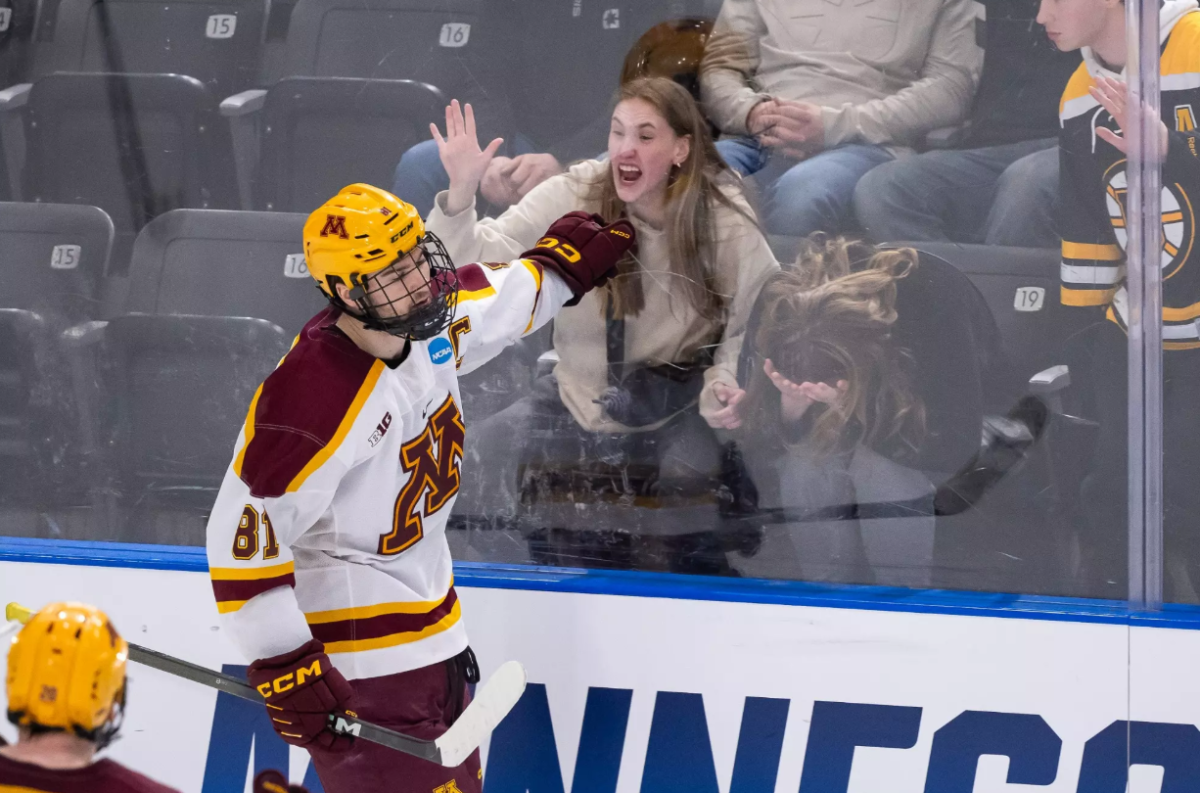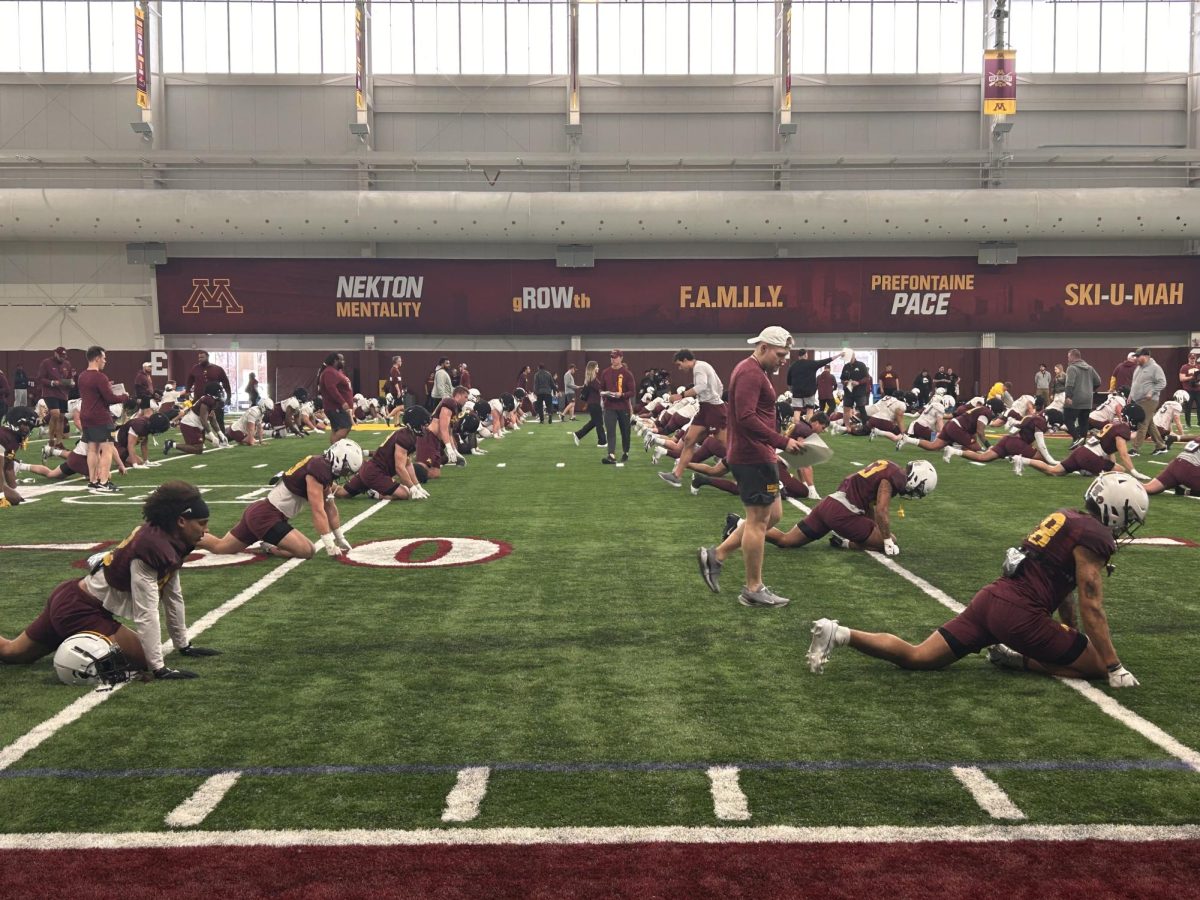In spring 2004, Mitch Potter felt like he was on top of the world. He was graduating from the University, projected to place in the top three in the Olympic 400-meter race and was looking to sign a contract with a shoe company.
Then everything went wrong.
Potter aggravated a toe injury a week and a half before the U.S. Olympic Team Trials. Despite surgery and attempts to numb the toe pain with injections, he had to bow out of competition halfway through his semifinal race.
“It was about the worst time of my life basically,” he said. “I was expecting to come out of college and have this great life, where I was going to pay off a house and everything. And all the sudden you’re struggling to get by.”
But now Potter has his sights set on the Olympics once again. He’s among an elite group of University student-athletes and alumni training on campus for this summer’s Olympic trials.
For Potter, the drive for Olympic gold stems from friends’ and family members’ expectations, he said.
Other athletes see the opportunity as a chance to realize a lifelong goal.
University alumnus Cole Konrad, who graduated last year after becoming the University’s second winningest wrestler of all time, said he’s had his sights set on the Olympics since he was a young boy.
Gophers men’s swimming and diving head coach Dennis Dale said many of his swimmers simply see it as the next step.
Along with competing for their country, cash-strapped athletes also look for the hearty paycheck that comes with victory and subsequent endorsement deals.
Athletes training for the June and July trials endure a rigorous training schedule to compete at the highest level.
Potter began training for his race in November. He said he lifts and sprints through his week, taking two days off.
Many sports require athletes to train all year. If he isn’t competing, Konrad said he works out twice a day, lifting and working on his Greco-Roman wrestling technique.
Dale said some swimmers spend only four combined weeks away from practice in a year.
“It isn’t 24/7,” he said. “But it’s damn close.”
Beyond physical labor, the months of all-out training pose additional difficulties for athletes. Marty Morgan, assistant coach for Gophers wrestling, said ascending to Olympic levels requires a major transition for collegiate athletes.
After spending years in a team setting, University alumnus Karl Erickson, a discus thrower, and Konrad said they found themselves often training, traveling and competing alone.
Many competitors, like Erickson, return to the University to prepare with their former coaches, partners and teams and utilize Minnesota’s facilities.
Konrad and Potter said finding a good training partner is crucial to success. Potter works out with partner and friend Aaron Buzard every day. Konrad has had a Navy wrestler fly to Minnesota to practice with him, he said.
Both students and alumni juggle training with other responsibilities, like jobs and school.
Erickson said many athletes drop out of competition because of financial troubles.
Potter said picking up a job was necessary. Additionally, Erickson said he receives a stipend for living expenses for training and volunteering with local youth.
Even though he has other obligations, Potter said his training pervades everything – his work, eating habits, sleeping habits and social time.
“No matter what I’m doing, I’m worrying if that’s good for the 400,” he said.
Konrad said everything he does is based on the looming competition.
“I don’t really think about being away from it,” Konrad said. “I feel like I’m around it all the time.”
Who to watch
The University will send several athletes to the U.S. Olympic trials starting in June. The swimming and diving, wrestling, track and field, gymnastics and volleyball teams, among others, will be represented, University officials said.
The swimming teams are sending the most entrants, spokesman Jeff Keiser said, with at least 18 men and 10 women competing.
Swimmers David Plummer and Jon Roberts, Potter and fellow track and field athlete Shani Marks and Konrad have a chance to advance to the Olympic Games, University officials said, but nothing is guaranteed.
“Well, gold in Beijing is the goal, I mean I don’t want to make an Olympic team and not get a gold medal,” Konrad said. “If you’re not going there to win it, you shouldn’t even go.”


